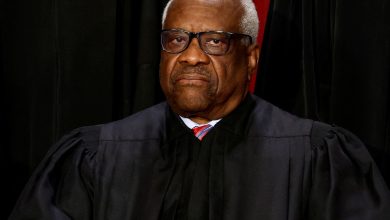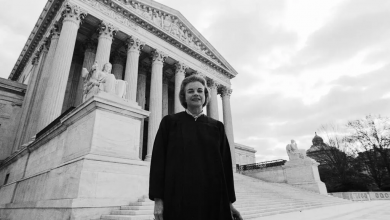Chief Justice Roberts' Revised Policy on Judge Shopping: Encouraging an End to Shopping

The Judicial Conference of the United States recently issued a new directive on Tuesday, March 12, aimed at mitigating judge shopping within federal courts. This policy instructs District Courts to assign cases randomly at the district level when plaintiffs seek a national injunction. However, some districts have internal divisions that effectively allow plaintiffs to select the judge who will preside over their cases. For instance, in the Northern District of Texas, all cases filed in the Amarillo Division are assigned to Judge Matthew Kacsmaryk, leading some litigants to choose this division due to perceived alignment with their objectives. Notably, Judge Kacsmaryk issued a national injunction in 2023 that significantly impacted abortion access across the country.
The Judicial Conference, overseen by the Chief Justice of the Supreme Court, serves as the policymaking body of the Federal Judiciary. While the Conference regularly releases guidance to discourage forum shopping and enhance transparency in case assignments, it distinguishes between forum shopping and judge shopping. Forum shopping allows litigants to select the jurisdiction with laws favoring their case, while judge shopping involves strategically filing cases to ensure a specific judge hears them. Despite the similarities, forum shopping and judge shopping carry distinct implications for legal proceedings.
Judge shopping often involves exploiting internal administrative divisions to manipulate case assignments. For instance, litigants may target divisions with a sole judge, ensuring a predetermined outcome for their cases. In some instances, judges actively promote their bench’s favorable reputation, attracting litigants seeking a particular judicial outcome. However, recent scrutiny over judge shopping prompted the Judicial Conference to clarify its initial policy, emphasizing that it was non-mandatory guidance rather than a binding directive.
Senate Minority Leader Mitch McConnell urged Chief Judges to disregard the initial policy, emphasizing that Conference policies lack legislative authority. Chief Judge Randy Crane of the Southern District of Texas echoed this sentiment, stating that the policy contradicted existing statutes. Despite widespread criticism, proponents argue that judge shopping erodes public trust in the judiciary by creating perceptions of bias and favoritism. Nevertheless, with the revised memo indicating the guidance lacks enforceability, judge shopping practices are likely to persist in various districts, raising questions about the efficacy of voluntary compliance with judicial principles.




